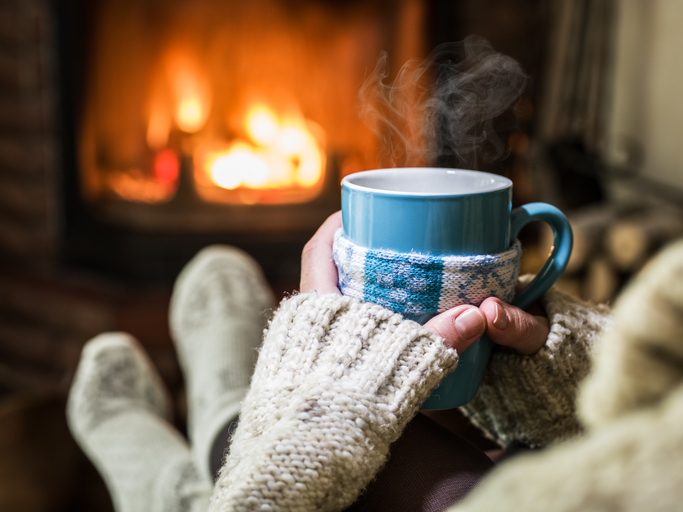Thanksgiving, Hanukkah, Kwanzaa, and Christmas are holidays meant for reuniting with family and for relaxing before the second semester of the school year. That being said, the time students have for break is quite limited.
How do you fully recover after a series of difficult midterms and finals? There are a few tips that can help.
Don’t be afraid of indulging a bit here and there too. Chocolate, according to BBC iWonder, has the potential to improve brain function. The claim that chocolate helps lower blood pressure is still debatable, but the suggestion is to eat dark chocolate that is about 85% cocoa to maximize antioxidant intake. All that taken into consideration, feel free to grab a Hershey’s Kiss once in awhile — you deserve it!
This may be difficult depending on where you live (hello, snowy Midwest!), but it’s still advisable to get some sun to make you feel better. Exposure to sunlight is thought to help increase the production of serotonin, which helps regulate anxiety and happiness in the body (among other functions). According to Healthline, "getting anywhere from 5 to 15 minutes of sunlight on your arms, hands, and face two to three times a week is enough to enjoy the vitamin D-boosting benefits of the sun." Vitamin D is important for maintaining the immune and nervous system, which both deserve recovery time after getting pushed to their limits during your late study hours.
While you’re home for break, head outside with your family or friends. If it snows heavily where you live, host a snowman building competition or have a snowball fight. If you reside somewhere more sunny and clear, like in California, go for a bike ride or head out longboarding. It will be tempting to stay indoors with Lay’s Chips and Netflix, but spending some time outside will prove to be more beneficial in the long run. You were studying inside the library for your exams, so now is the time to get outside and really breathe in the fresh air.
You no longer have a real excuse to pull a late-nighter over break, so work on getting the 7 to 9 hours of sleep that the
National Sleep Foundation recommends for young adults. Of course, there’s nothing wrong with spending time with other friends who are home and are on their holiday breaks, but it’s important to put your health and recovery first. Don’t push yourself too hard to go to every party or every hangout; there will still be time after you focus on yourself.
The holiday break can help students get back on track with their physical health and mental wellness. Before the next semester begins, be sure to follow these three tips so you’ll be energized for the new year!
Holiday Break Recovery

How do you fully recover after a series of difficult midterms and finals? There are a few tips that can help.